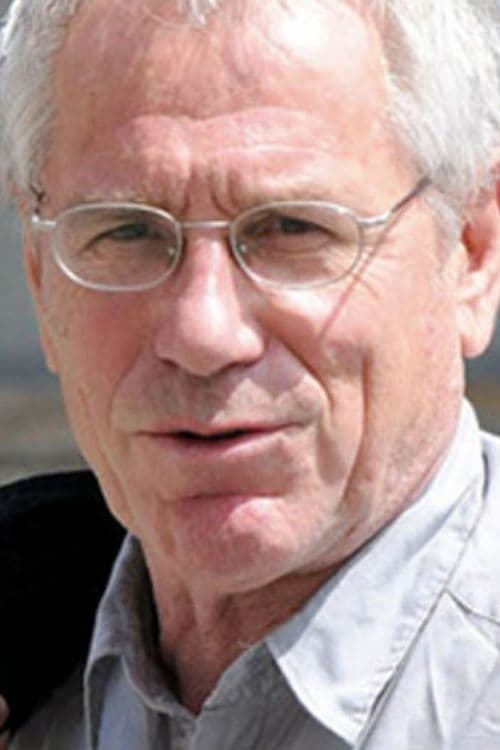
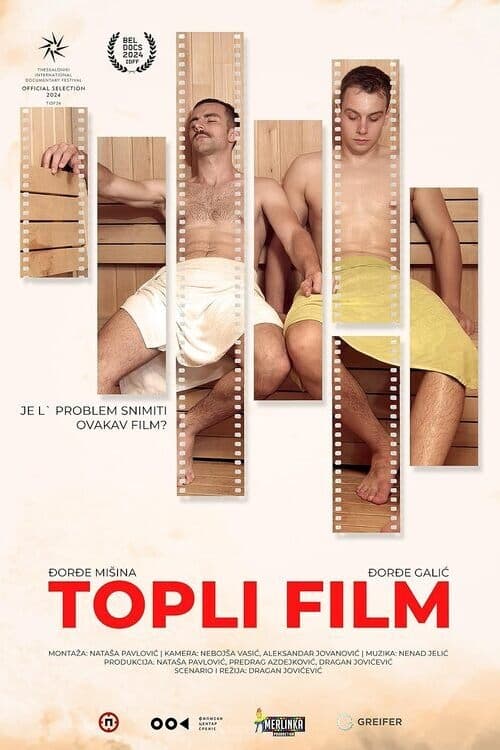
Two young actors are exploring the topic of representation of LGBTI people through the history of Yugoslav cinema and social circumstances that have resulted in different treatment of these characters.
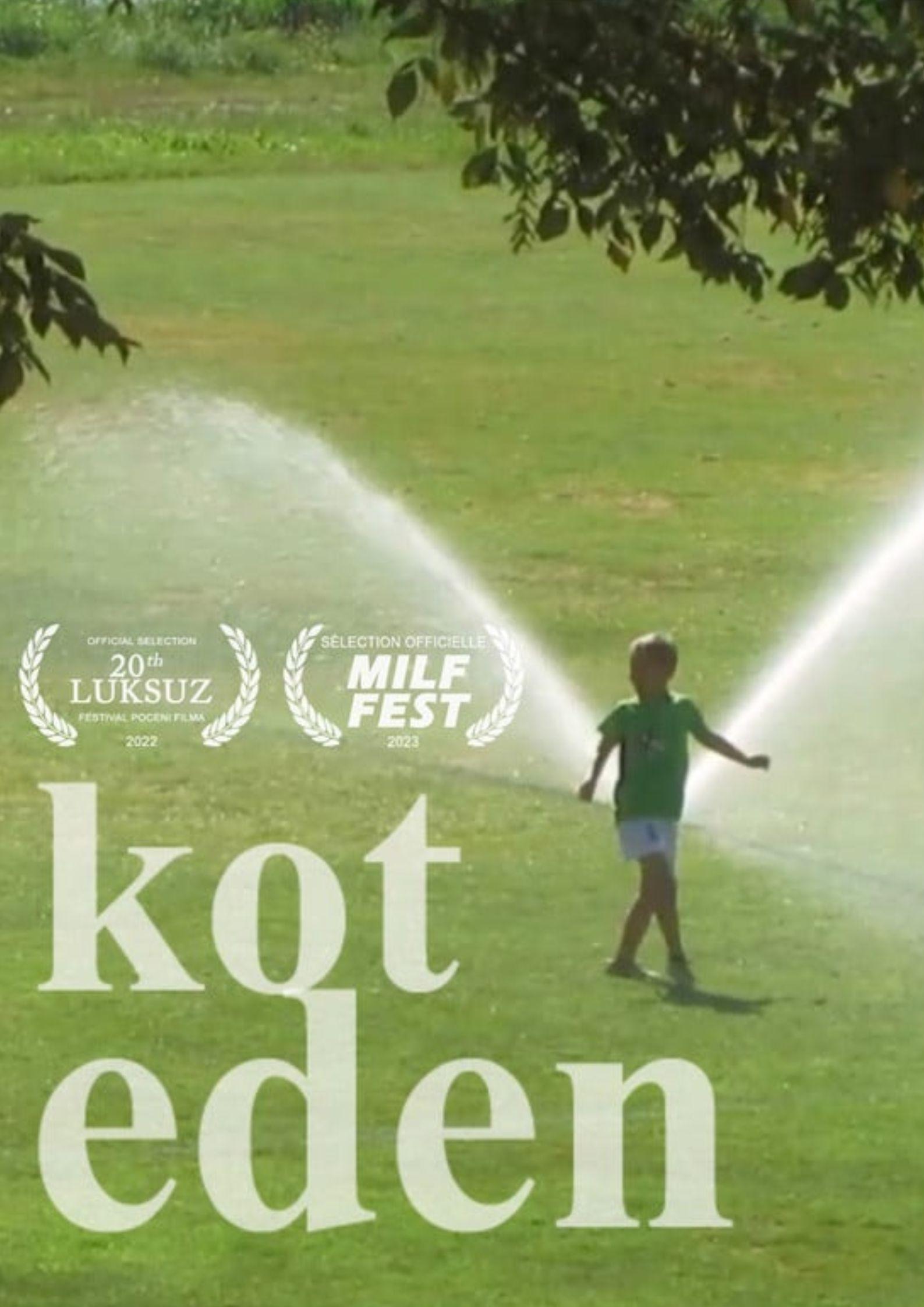
Two young men from Eastern Europe take a pilgrimage to Santiago, Spain. Upon arrival at one of the most northwestern points of Europe, the south-easterners find themselves foreign both to the identity of their surroundings, as well as to their own. Without realizing it, they embark on a pilgrim-esque exploration of their own identities and the religiously-spiritual and nationally-sexual differences between them.
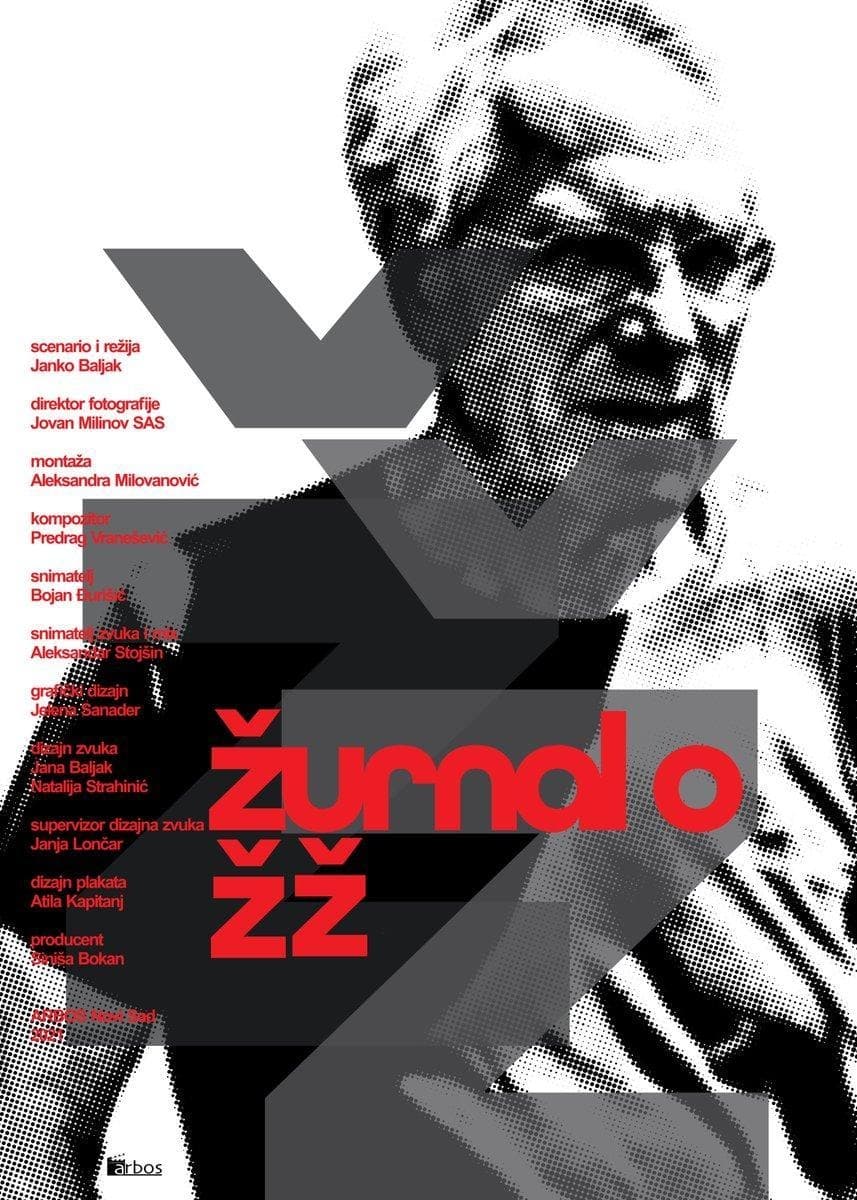
Road movie documentary through half a century of filmography by Želimir Žilnik. But also a journey through the history of Yugoslavia, a country that no longer exists. With the specific style of docudrama that he built over the years, Zilnik managed to stay engaged and brave, but above all free, by making low-budget films for decades. We follow the efforts of his team to finish the film "Freedom or Comics", which was seized by censorship 50 years ago, and which was recently accidentally found. The story of an uninterrupted struggle for disenfranchised social and minority groups who are constantly the main heroes of Žilnik's films.
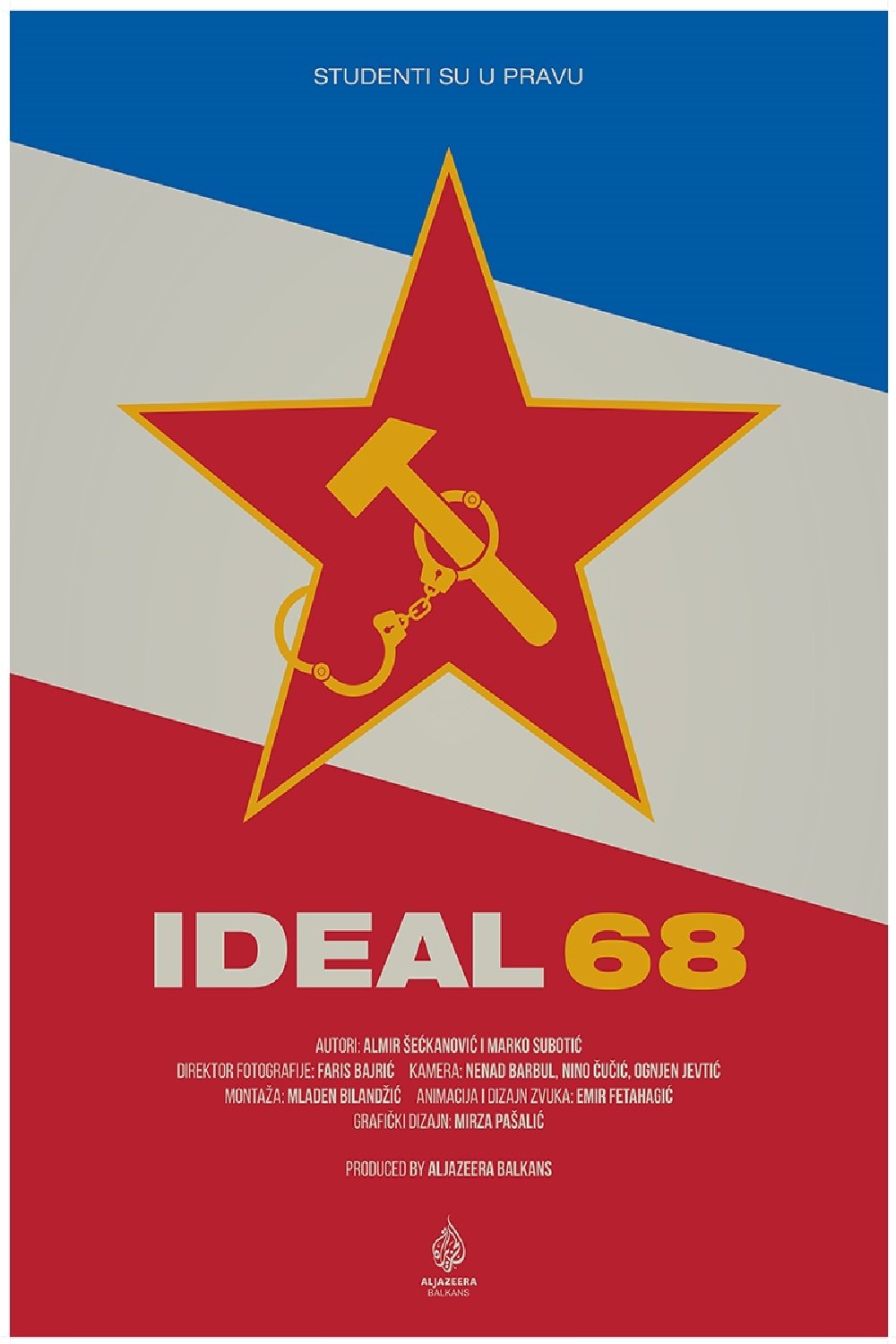
On June 3, 1968, student protests began in the Socialist Federal Republic of Yugoslavia, the first major conflict with the then communist establishment. In Belgrade, Sarajevo, Zagreb and Ljubljana, students demanded more socialism, the fight against corruption and a better state.
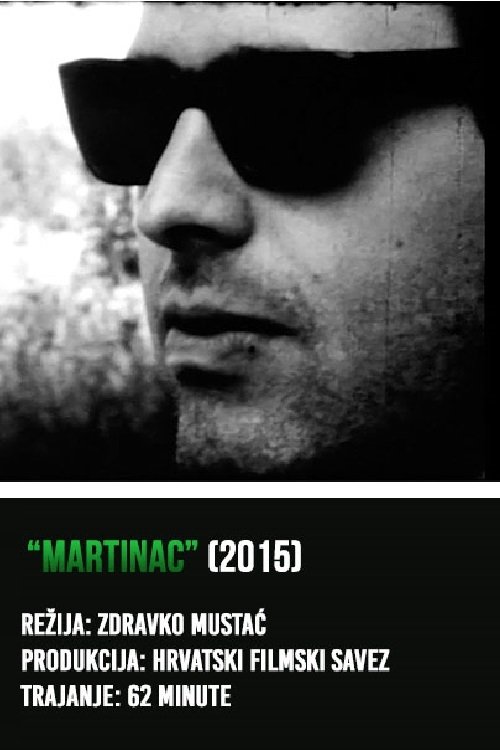
Documentary about the life and work of Ivan Martinac (1938-2005), avant-garde & experimentalist filmmaker from Split, Croatia.
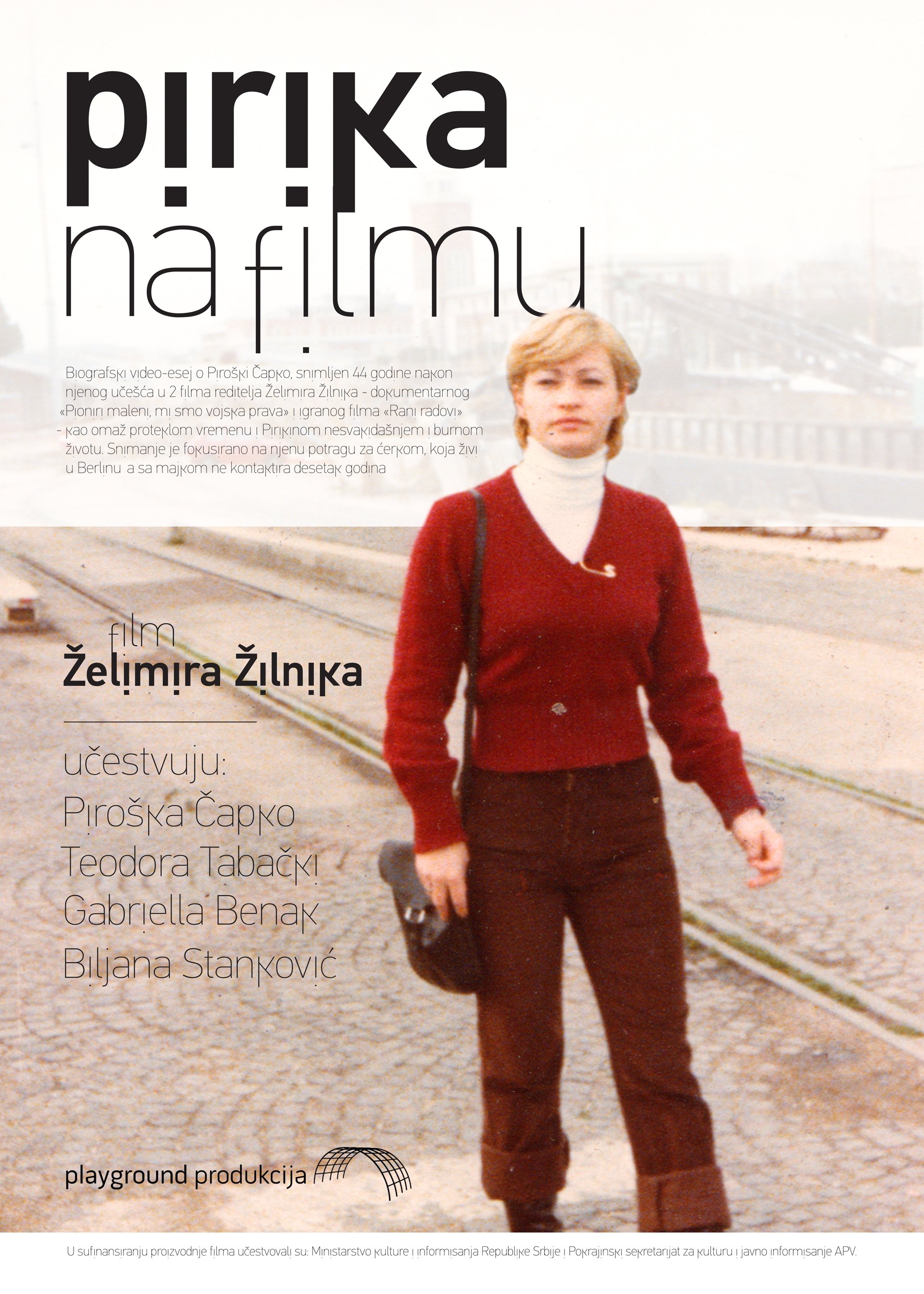
Pirika travels to Berlin to visit her daughter Dobrila and her grandchildren, whom she's never seen. Dobrila, a lesbian, avoids her mother, however, because she doesn't want to tell her the full truth about her children. Everything is resolved at a German film retrospective, where Pirika plays the role of her life. A docudrama about the autumn of life of one of the leading protagonists of Zilnik's film Early Works.
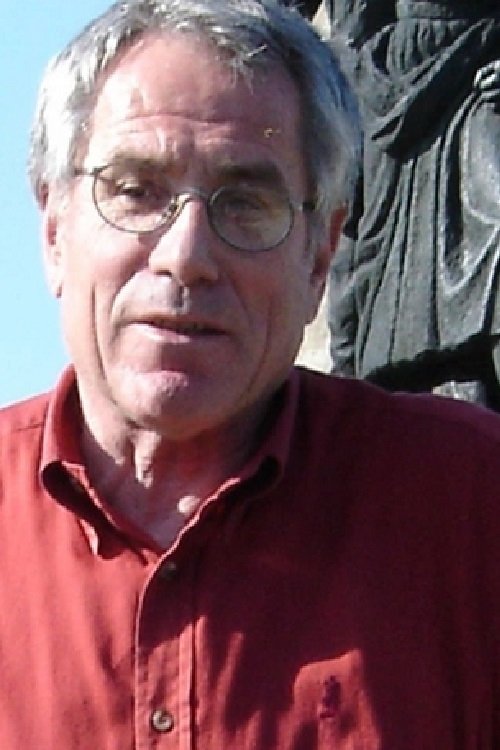
Zelimir Zilnik has always been discussing the communist's regime taboos , with his early documentaries , but especially with his film about the student's riots in 1968: Lipanjska gibanja (June Turmoil). His featured film Rani radovi (Early Works) got to trial, because it made important politicians, including Tito himself, very angry. However, it was free of all charges, thanks to the really honorable judge. The Golden Bear, the prime award of the Berlin Film Festival, was given to Zelimir and it was interpreted as the biggest provocation for socialist Yugoslavia. Therefore, the film was put away for years and was not available for the audience.
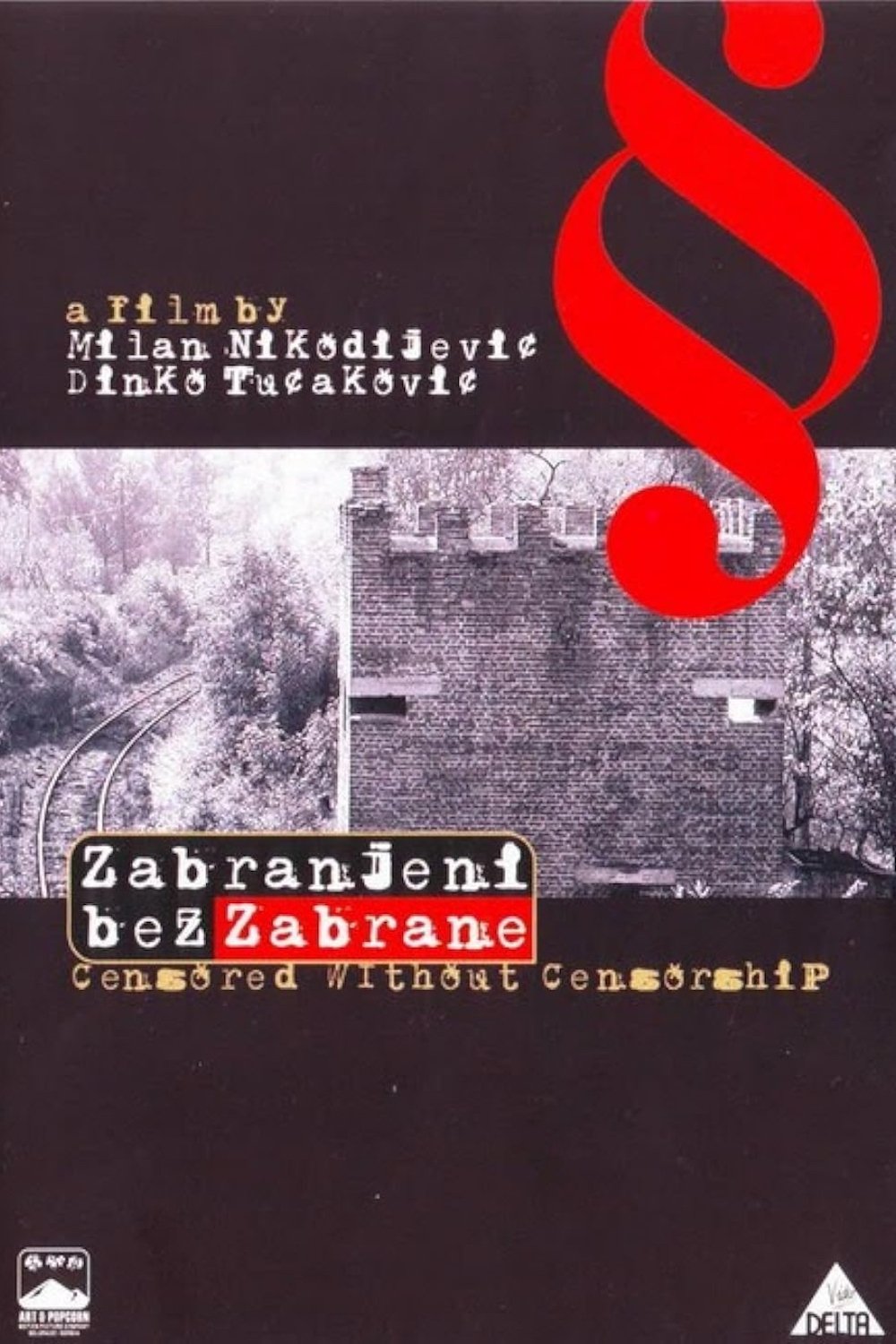
Through the conversation with Yugoslav film authors and excerpts from their films, this documentary film tells a story of a film phenomenon and censorship, and its focus is, in fact, a painful epoch of Yugoslav film called “a Black Wave”, which was the most important and artistically strongest period of Yugoslav film industry, created in the sixties and buried in the early seventies by means of ideological and political decisions. The film tells a great “thriller” story of the ideological madness which characterised the totalitarian psychology having left multiple consequences felt up to our very days. It stresses similarities between totalitarian regimes defending their taboos on the example of the persecution of the most important Yugoslav film authors. Those film authors have, however, made world careers and inspired many later authors. The film is the beginning of a debt pay-off to the most significant Yugoslav film authors.
From Wikipedia, the free encyclopedia Želimir Žilnik is a Serbian film director and one of the major figures of the Yugoslav Black Wave. He is noted for his socially engaging style and criticism of censorship that was commonplace during the Yugoslav communist era. Subsequently, following the abolition of communist one-party system, he was an outspoken critic of Slobodan Milošević-led regime in Serbia. Description above from the Wikipedia article Želimir Žilnik, licensed under CC-BY-SA, full list of contributors on Wikipedia.
By browsing this website, you accept our cookies policy.